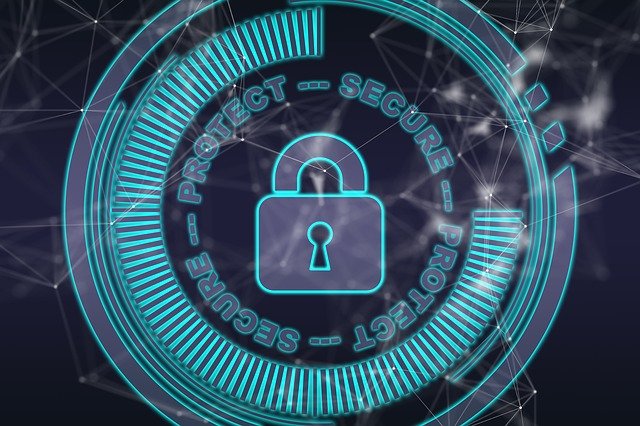Cybersecurity is a hot-button issue, owing to the exponential expansion of business and commerce into online platforms throughout the 21st century; annually, 14% of US citizens’ online accounts had been targeted and successfully hacked more than once. The epidemic of cybercrime makes it more important than ever that online businesses protect themselves accordingly. Here are three key reasons for applying cybersecurity measures to your website.
Protection of Personal Information
Personal information is a lucrative commodity to cybercriminals and a common target of hacking efforts. This is because credible personal information enables people to commit identity fraud, open lines of credit, and apply for loans in someone else’s name. Victims of identity fraud often struggle to untangle themselves from fraudulent debt for years, especially if their information has been sold to multiple others. If identity fraud occurs as a result of poor cybersecurity on your part, customers are less likely to trust your business.
Passwords are the first place to start in this regard. A user’s password is the only protection from access to sensitive personal information, whether a phone number or an SSN – and without correct and secure storage of that password, hackers could steal the password file and gain access to accounts. This is especially dangerous where users re-use the same password for other, more sensitive applications such as online banking or social media. One cybersecurity measure you could take is to ensure passwords for user accounts on your site are hashed and salted, and that no plaintext versions exist in your business records.
Protection of Financial Transactions

As an overwhelming amount of commerce is now done via digital platforms; purchase portals have become targets of particular interest for online fraudsters. Without implementing cybersecurity measures to protect transactions between client and platform, profits can be stolen, along with sensitive financial information.
A case study on best practices for financial transactions can be found in the online gaming industry. Let’s consider, for example, the game: Eye of Horus. Eye of Horus is a 5×3 online slot by Buzz Bingo, which frequently appears in the ‘most popular’ section of the site due to major traffic from avid players, who return time and time again to take another shot at the reels. With significant player engagement, safety in transactions is key. The transactions for playing are made in the form of deposits, carried out by protected payment methods verified by the major transaction processing networks – Visa, Mastercard, Maestro – as well as smart solutions such as PayPal and ApplePay. Winnings are paid out via verified bank transfers through the aforementioned transaction networks. The verification processes employed here are robust, keeping player transactions safe from digital threats – and representing best practices for your business, with regard to managing sales and purchases via your website.
Protection of Business Platform
Cybersecurity is not always compromised by sophisticated hacking techniques. Simple can jeopardize an online business, such as the DDoS attack, which cripples a server’s functionality by overwhelming it. These can be used to bring a platform to its knees until a ransom is paid to the perpetrator. The chief defense against DDoS is a dedicated software solution.
Cybercrime is no joke, and more common than ever before. If your business does not adequately prepare for potential criminal activity relating to its online processes, your business could be targeted and you could lose out significantly – whether on profits, customers, or even your own identity.










FIND US ON SOCIALS